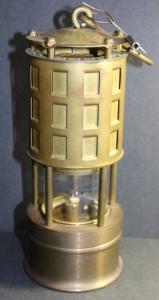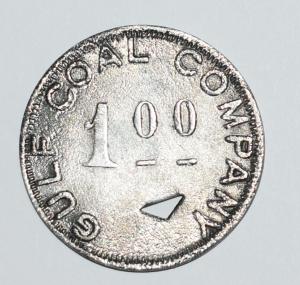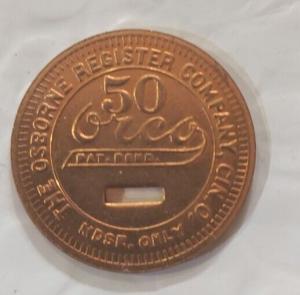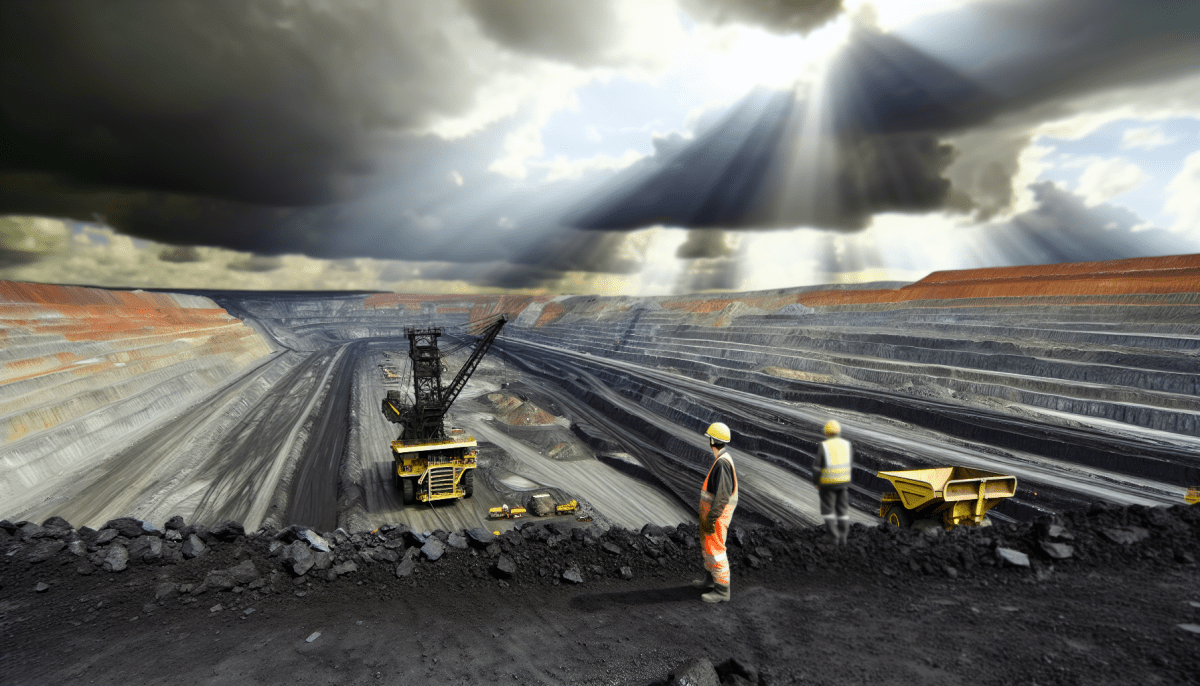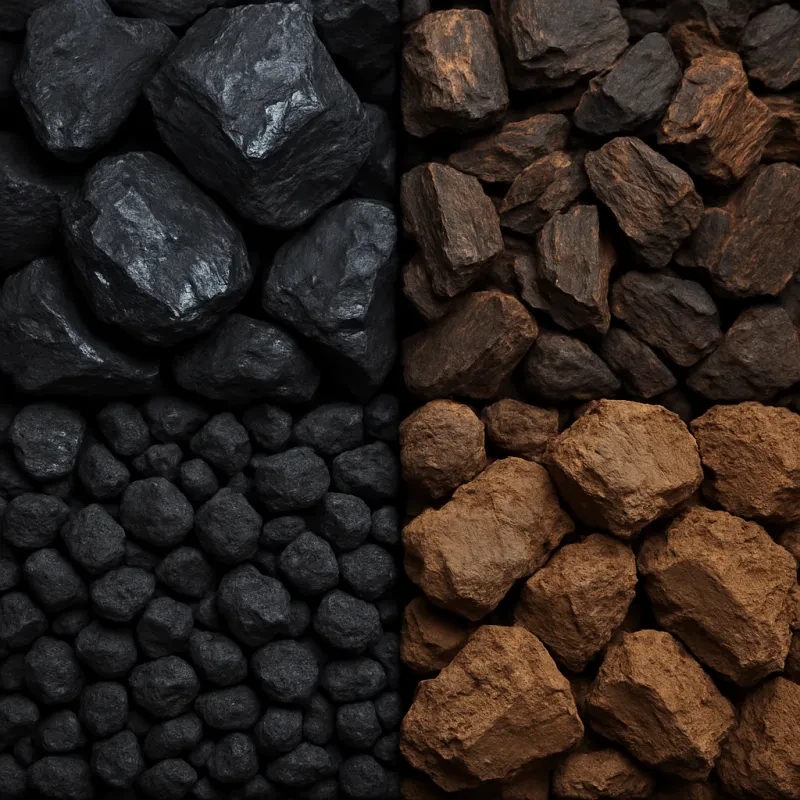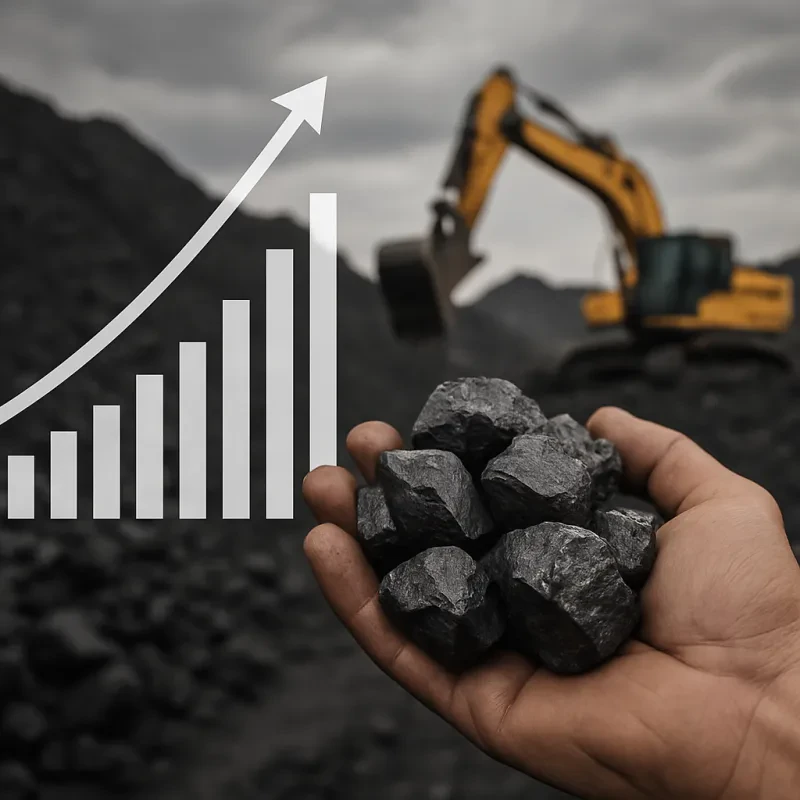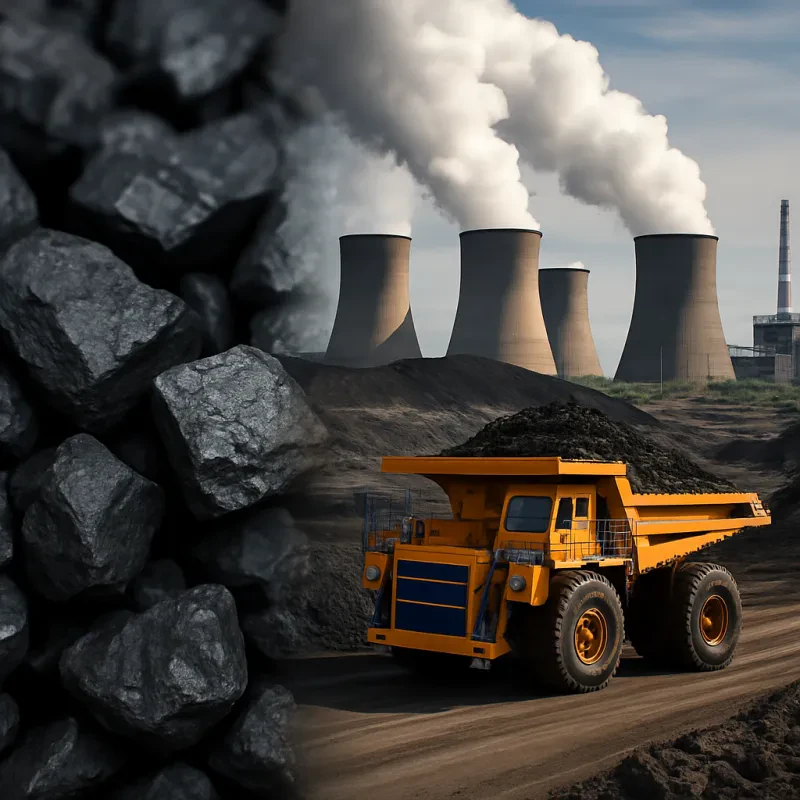Open cast mining is a method used for extracting minerals and resources from the earth's surface. This technique involves removing large areas of overlying soil and rock to access deposits located close to the surface. One of the primary materials extracted through this method is coal, making open cast mining of coal a critical practice in the energy sector. Its efficiency allows for the extraction of vast quantities of coal quickly, which is essential for meeting the growing global energy demands.
In open cast mining of coal, large excavators and dump trucks work together to remove earth layers. The stripped topsoil is often stored for later use in land rehabilitation. As the excavation progresses, the coal is accessed, loaded, and transported. This operation is generally more cost-effective than underground mining, as it requires less labor and machinery. Additionally, because it operates above ground, workers have a safer environment compared to tunnel mining.
However, the open cast mining of coal comes with its own set of challenges and concerns. The environmental impact is significant, as large landscapes are altered, potentially affecting local wildlife and ecosystems. Dust and noise pollution are also concerns for nearby communities, and the method can lead to soil erosion and water quality issues. Therefore, it is essential to balance resource extraction with environmental preservation through regulations and responsible mining practices.
As the world increasingly transitions towards renewable energy, the open cast mining of coal has become a topic of debate. Proponents point to its role in providing affordable energy and job creation, while critics emphasize its environmental consequences and long-term sustainability. Understanding open cast mining is crucial for engaging in this ongoing discussion about energy resources and environmental responsibility.
Environmental Impacts of Coal Mining
In addition to habitat destruction, open cast mining of coal can also cause soil erosion and water pollution. The process of extracting coal disturbs the soil and can lead to the destabilization of the surrounding areas. Rainwater can wash away the exposed soil, which not only affects the immediate environment but can also lead to sedimentation in nearby rivers and streams. This sediment can harm aquatic life and degrade water quality, posing risks to both ecosystems and human health.
Moreover, the chemicals used in coal mining operations, such as sulfuric acid and heavy metals, can leach into groundwater and surface water, causing further pollution. Communities near open cast mining sites may find their drinking water contaminated, leading to health complications and raising concerns about the long-term sustainability of local water resources. The air quality can also be compromised when dust and emissions from mining activities spread to surrounding areas, affecting the health of residents and wildlife alike.
Open cast mining of coal not only presents immediate environmental threats but also contributes to climate change. The burning of coal releases significant amounts of carbon dioxide and other greenhouse gases into the atmosphere, exacerbating global warming. As countries and communities strive to reduce their carbon footprints, the choice of continuing open cast mining of coal becomes even more contentious, highlighting the balance between economic benefits and environmental stewardship.
Economic Benefits of Coal Resources
The open cast mining of coal has been a vital activity that brings numerous economic benefits to regions rich in this natural resource. Firstly, it creates a significant number of jobs, from the actual extraction process to various support roles. These jobs often provide stable employment opportunities for local communities, helping to reduce unemployment rates and improve overall living standards.
Additionally, coal mining contributes to local economies through the generation of revenue. Taxes and fees paid by coal mining companies can be reinvested into community services such as education, healthcare, and infrastructure development. This influx of funds helps to stimulate economic growth and can lead to improved quality of life for residents.
Moreover, the open cast mining of coal supports various ancillary industries. The demand for equipment, transportation, and maintenance services creates a ripple effect, benefiting businesses in those sectors. As coal remains an essential energy source, the economic activity surrounding its extraction is likely to be sustained, fostering long-term growth in these areas.
Finally, coal exports can significantly boost a country's trade balance. Countries that are rich in coal resources can tap into international markets, providing a steady source of foreign exchange. This trade not only enhances national revenue but also solidifies a country's position in the global energy market, making the open cast mining of coal a key player in shaping economic dynamics.
Community Perspectives on Mining Activities
However, not everyone views the open cast mining of coal in the same light. Many community members express concerns about the environmental impact of such operations. The clearing of land, disruption of ecosystems, and emission of pollutants can lead to long-term damage to the natural environment. Residents worry about the health effects associated with dust and chemicals, especially for children and the elderly. For them, the immediate economic gains are overshadowed by the lasting harm to their quality of life.
Moreover, there are social implications to consider. Many communities experience a sense of divide over mining activities, with some supporting and others opposing them. This can lead to tension and debate within families and neighborhoods, as people weigh the pros and cons of open cast mining of coal. In some cases, the decisions made by mining companies may not reflect the wishes of the local communities, leading to feelings of disenfranchisement and frustration.
The balance between economic benefit and environmental preservation is a challenging one for communities impacted by mining. Public forums and discussions often become platforms for expressing concerns and hopes regarding the future. Ultimately, the path that communities choose can greatly influence their relationship with the open cast mining of coal and its implications for their lives.
